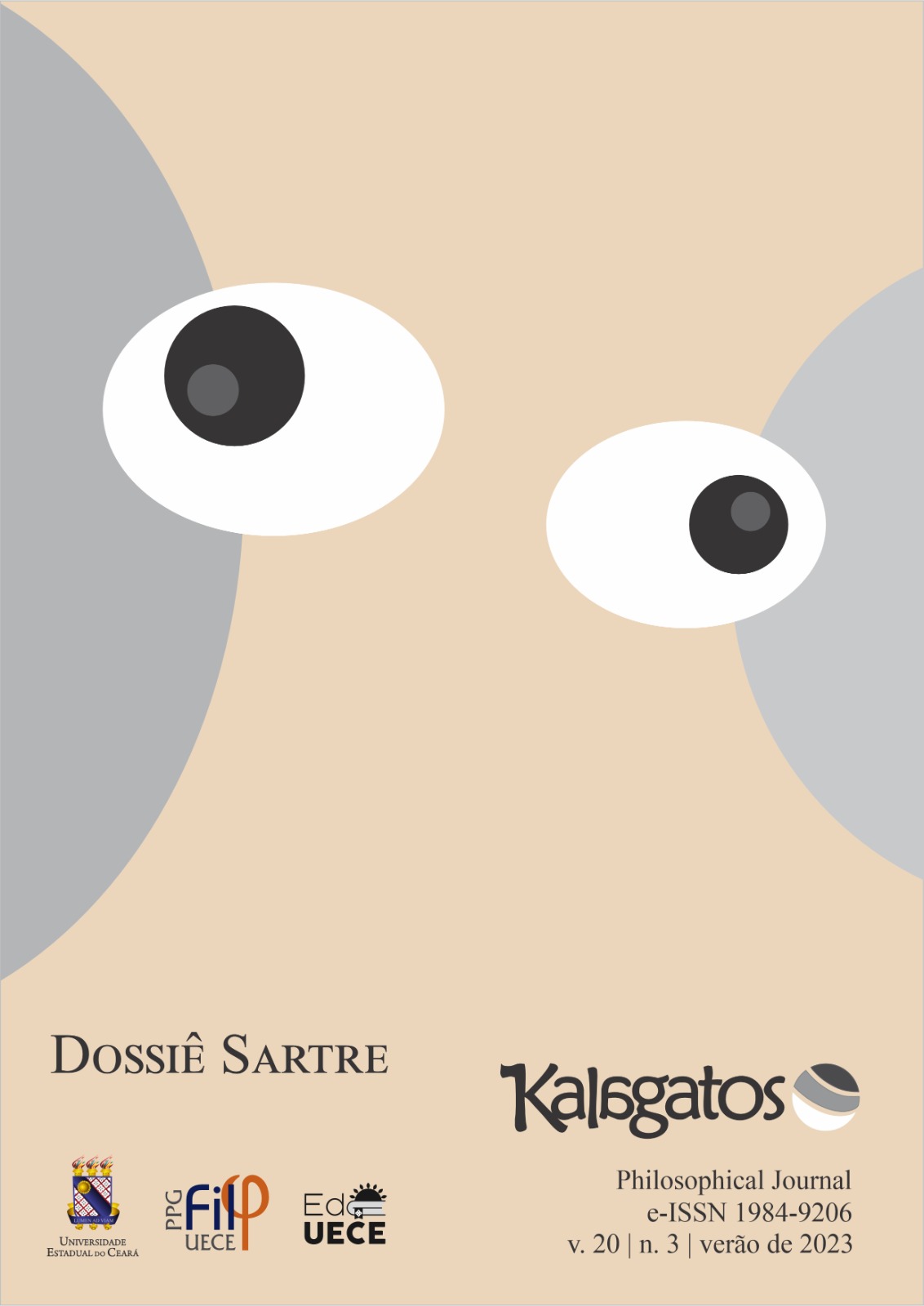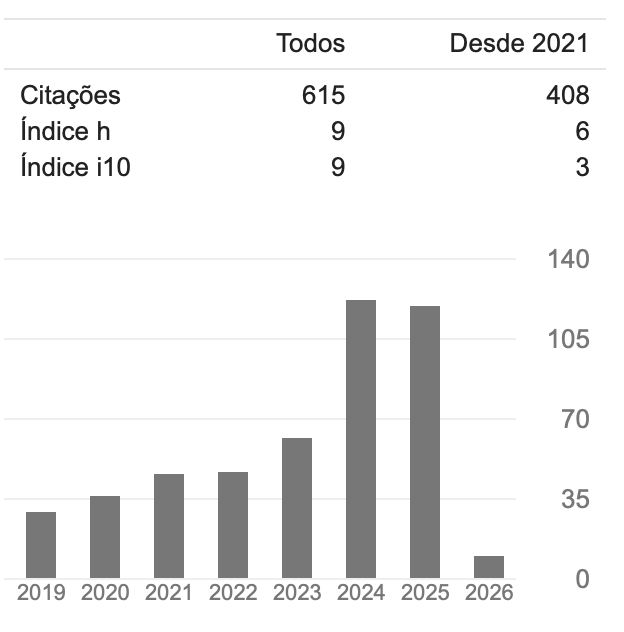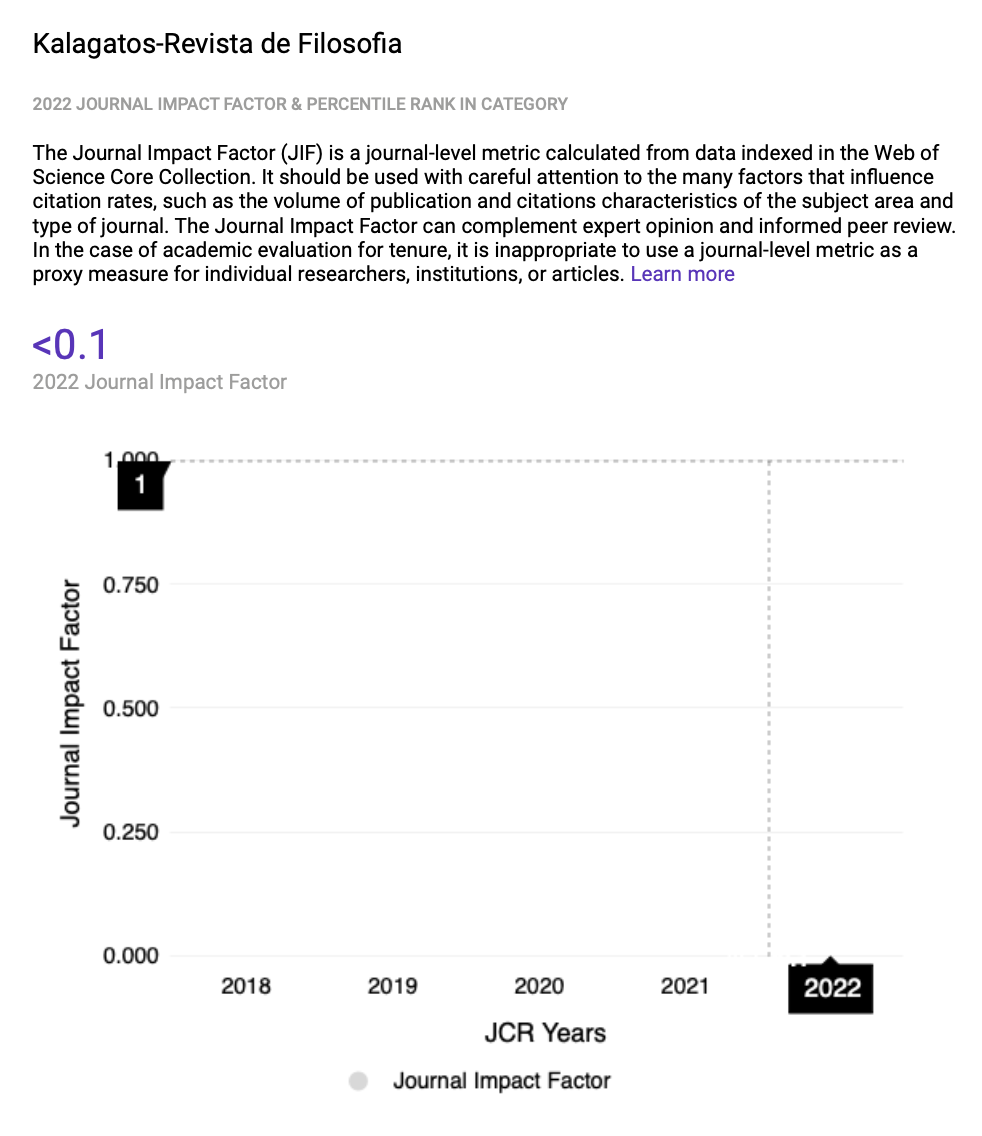Nada y libertad en Heidegger:
Cómo Sartre no se percata del giro lingüístico heideggeriano
Palavras-chave:
Nada, libertad, Heidegger, Sartre, hermenéuticaResumo
Este artículo parte de una revisión de los conceptos de nada y libertad en Heidegger, para compararlos posteriormente con sus versiones sartreanas en El ser y la Nada. Haciendo esto, se defenderá que las discrepancias entre ambos autores se deben a que Sartre, al menos en su obra seminal, no se percata del giro lingüístico dado por Heidegger. Finalmente, se señala un problema central de la concepción sartreana de la libertad que se evidencia en su concepto de mala fe, y se sugiere cómo una consideración de las consecuencias del giro lingüístico puede ayudar a remediar dicho problema.
Downloads
Referências
SARTRE, Jean-Paul. (1943). El Ser y la Nada. Barcelona: Altaya, 1943.
HEIDEGGER, Martin. (1927). Ser y Tiempo. Madrid: Trotta, 1927.
HEIDEGGER, Martin. (1931). ¿Qué es metafísica? Madrid: Alianza, 1929.
KUSCH, Martin. (1989). Language as Calculus vs. Language as Universal Medium: A study in Husserl, Heidegger and Gadamer. Dordrecht: Kluwer Academic Publishers, 1989: https://link.springer.com/book/10.1007/978-94-009-2417-8
LAFONT, Cristina. (1997). Lenguaje y apertura del mundo: El giro lingüístico de la hermenéutica de Heidegger. Madrid: Alianza, 1997: https://dialnet.unirioja.es/servlet/libro?codigo=192304
FRICKER, Miranda. (2007). Epistemic Injustice: Power & The Ehtics of knowing. Oxford: Oxford University Press, 2007: https://academic.oup.com/book/32817
Downloads
Publicado
Como Citar
Edição
Seção
Licença
Copyright (c) 2023 Gabriel Nicolás Cruz

Este trabalho está licenciado sob uma licença Creative Commons Attribution 4.0 International License.



















